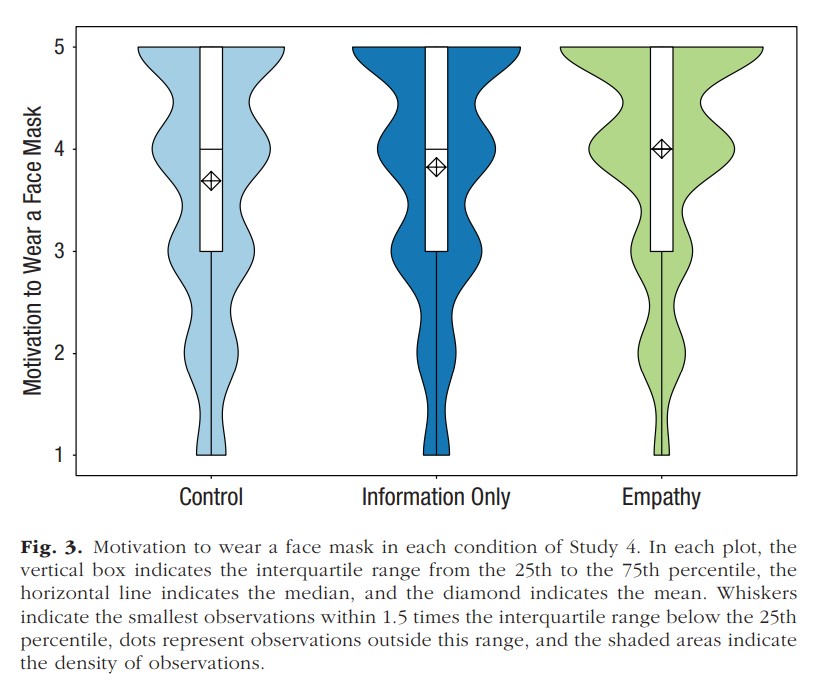In two surveys in the United States, the United Kingdom, and Germany, participants were asked on a scale from 1 to 5 how concerned they are about those who are most vulnerable to SARS-CoV2, the 2019 form of coronavirus that erupted in Wuhan, China and spread worldwide. Subsequently, they were asked about the extent to which they themselves avoid social contact due to the coronavirus. The relationship was clear. The higher the degree of empathy, the greater the focus on reducing social contact.
Equally importantly, they say that it is possible to induce empathy among people, and thereby also make more people willing to keep social distance and wear face masks.
Real people induce empathy
In two experiments, the researchers tested the differences in participants' willingness to follow the two recommendations, depending on whether they are just informed about the effect of the two initiatives, or whether they are also presented with a vulnerable person. In the two experiments, the participants were presented with people who, each in their own way, have been affected by and suffer from the coronavirus. There were also control groups who only received information about the effect of keeping social distance and wearing face masks.
The conclusion was clear: The participants who received the story about people suffering from the coronavirus reported a higher degree of empathy. And also a greater willingness to physically distance and use face masks.

"Our results suggest that we need stories of real people suffering. It's not enough just to tell us that we must keep a distance and wear a face mask for the sake of vulnerable citizens in general. If we're confronted with a specific person who is vulnerable to COVID-19, it is clear that empathy is strengthened, and that we are more likely to follow the guidelines," says Stefan Pfattheicher, an associate professor in the Department of Psychology at Aarhus University.





Comments